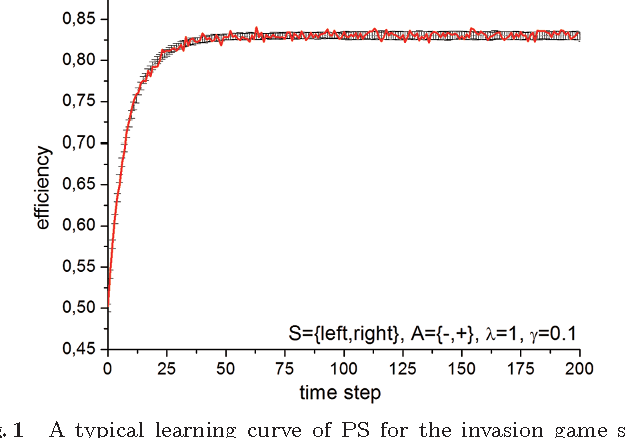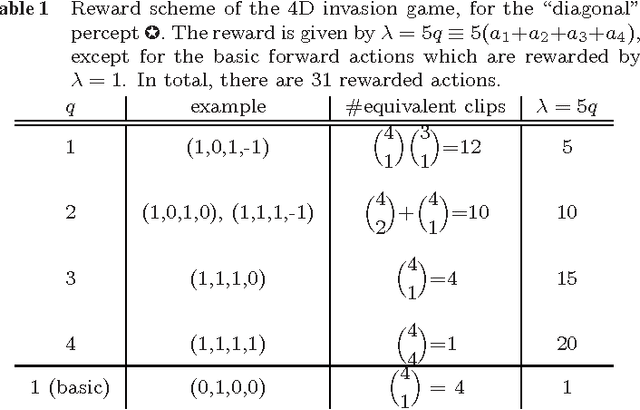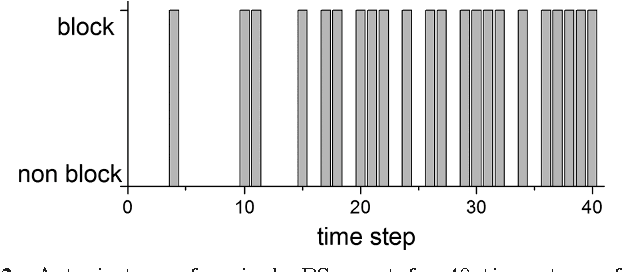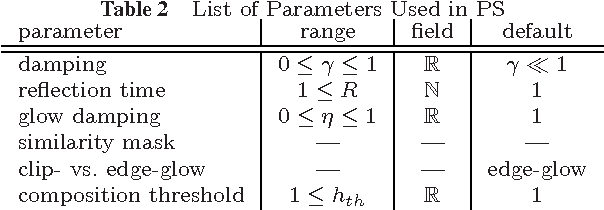Daniel Manzano
Entanglement Detection with Quantum-inspired Kernels and SVMs
Aug 25, 2025Abstract:This work presents a machine learning approach based on support vector machines (SVMs) for quantum entanglement detection. Particularly, we focus in bipartite systems of dimensions 3x3, 4x4, and 5x5, where the positive partial transpose criterion (PPT) provides only partial characterization. Using SVMs with quantum-inspired kernels we develop a classification scheme that distinguishes between separable states, PPT-detectable entangled states, and entangled states that evade PPT detection. Our method achieves increasing accuracy with system dimension, reaching 80%, 90%, and nearly 100% for 3x3, 4x4, and 5x5 systems, respectively. Our results show that principal component analysis significantly enhances performance for small training sets. The study reveals important practical considerations regarding purity biases in the generation of data for this problem and examines the challenges of implementing these techniques on near-term quantum hardware. Our results establish machine learning as a powerful complement to traditional entanglement detection methods, particularly for higher-dimensional systems where conventional approaches become inadequate. The findings highlight key directions for future research, including hybrid quantum-classical implementations and improved data generation protocols to overcome current limitations.
A Deep Learning Model for Chilean Bills Classification
Dec 21, 2019

Abstract:Automatic bill classification is an attractive task with many potential applications such as automated detection and counting in images or videos. To address this purpose we present a Deep Learning Model to classify Chilean Banknotes, because of its successful results in image processing applications. For optimal performance of the proposed model, data augmentation techniques are introduced due to the limited number of image samples. Positive results were achieved in this work, verifying that it could be a stating point to be extended to more complex applications.
Projective simulation for classical learning agents: a comprehensive investigation
Dec 01, 2014



Abstract:We study the model of projective simulation (PS), a novel approach to artificial intelligence based on stochastic processing of episodic memory which was recently introduced [H.J. Briegel and G. De las Cuevas. Sci. Rep. 2, 400, (2012)]. Here we provide a detailed analysis of the model and examine its performance, including its achievable efficiency, its learning times and the way both properties scale with the problems' dimension. In addition, we situate the PS agent in different learning scenarios, and study its learning abilities. A variety of new scenarios are being considered, thereby demonstrating the model's flexibility. Furthermore, to put the PS scheme in context, we compare its performance with those of Q-learning and learning classifier systems, two popular models in the field of reinforcement learning. It is shown that PS is a competitive artificial intelligence model of unique properties and strengths.
* Accepted for publication in New Generation Computing. 23 pages, 23 figures
 Add to Chrome
Add to Chrome Add to Firefox
Add to Firefox Add to Edge
Add to Edge